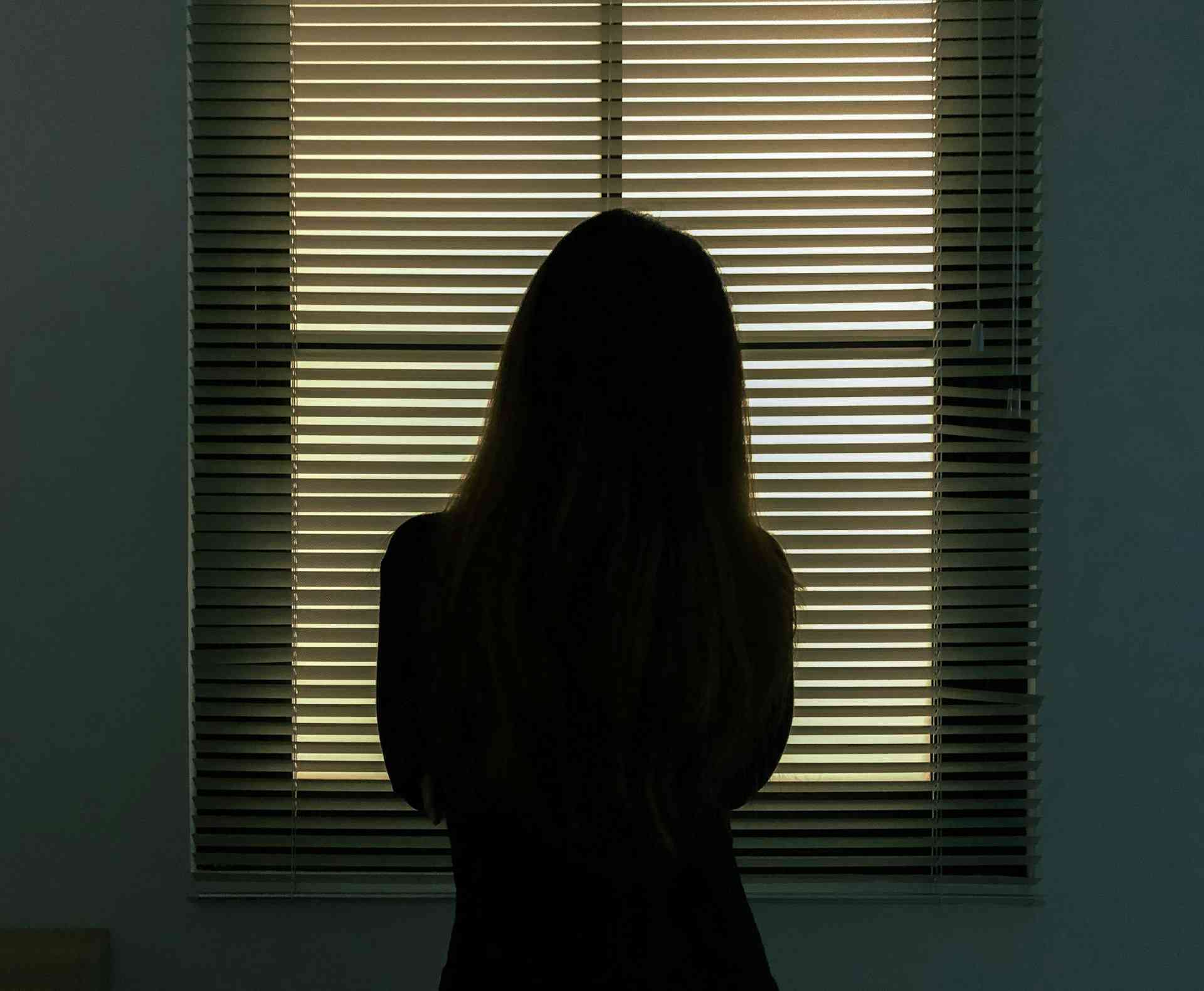Routines are a beautiful gift in a world of constant shifts and change. The feeling that some things are under your control and will remain predictable is a balm in seasons of stress and anxiety.
However, sometimes routines can become a burden rather than a relief. Life is full of change and even your routines will go through changes. Sometimes the actual seasons of winter and summer require a change of routine. Sometimes you go through phases when you can have an elaborate plan and prep for meals. For other phases of life, you may find that meals from the freezer section are all you can manage.
The impact of routines on mental health
If you struggle with ADHD, depression, or anxiety, the word “routine” may be deeply unsettling. In theory, you know routines are supposed to make your life better, yet you constantly find sticking to them to be a cause of stress. As you talk with a counselor or life coach you can identify what it is about your routines that are not making sense.
One of the reasons you may struggle with sticking to a routine is that you are trying to follow someone else’s formula. You cannot, and should not, copy and paste another person’s routine onto your life. Each individual needs to create a personal routine that serves rather than controls them. All of us can work with the same basic components while recognizing the need to arrange those components in a way that makes sense for each individual.
If you have autism, PTSD, or OCD you may develop routines as a soothing mechanism. As your brain learns to cope with either fears or confusion, you develop routines to allay the fear and comprehend what is confusing. Your counselor will be the best person to help you determine what routines are valuable to your mental health.
Another struggle with routine is expectations. You cannot perfectly keep to one or any routine forever. You may go for weeks, months, or years with the routine of laundry on Monday, mopping on Tuesday, etc.
Then something in your life shifts drastically and you can no longer work with that routine. But instead of adapting to a new routine, you try to force yourself to maintain the one that always worked. There are a few solutions to the problems of your routines.
Let go of routines that no longer serve you
When you find yourself frustrated with your routine it is time to examine if it is the best fit for your life. Maybe you always ate at a certain pizza place on Fridays, but you have developed an allergy that requires a change. There is no reward for holding loyalty to a routine.
 Determine if a change is temporary or permanent
Determine if a change is temporary or permanent
There are seasons of life when you need to temporarily adjust your routine. Perhaps you become sick or injured and cannot physically manage your previous routine. That will likely be a temporary change of routine. A more permanent change will occur when you marry and have children. The routines that serve a single person will be different for a couple, and as children develop they will change routines frequently for the whole family.
Understand the difference between a habit and a routine
A habit is a behavior that is repeated regularly and tends to occur subconsciously. A routine is a set of actions that are regularly performed in a particular order. The main difference between a habit and a routine is that a habit is a behavior, while a routine is a set of actions.
A habit can be a single action, such as brushing your teeth, or it can be a series of actions, such as getting ready for bed. A routine is always a series of actions, and it is usually performed in a particular order.
Habits and routines can both be helpful. Habits can save us time and energy, and they can help us be more efficient. Routines can provide structure and order to our lives, and they can help us be more productive.
If you are struggling
If you find yourself overwhelmed by getting through the tasks of functioning as a human, it may be helpful to talk to a life coach. If you struggle with mental illness, talking with a counselor may help you identify what it is about routines that are a struggle for you. Call our offices today to set up an appointment to develop a greater understanding of how your routines are impacting your life.
“Pink Flowers”, Courtesy of Anita Austvika, Unsplash.com, Unsplash+ License
- Caitlin Mallery: Author
Caitlin Mallery is a freelance writer, mother of four, avid reader, and amateur gardener from the Pacific Northwest. When she is not writing or chauffeuring children hither, thither, and yon, she works as a hospital chaplain.
“Working in spiritual...
DISCLAIMER: THIS ARTICLE DOES NOT PROVIDE MEDICAL ADVICE
Articles are intended for informational purposes only and do not constitute medical advice; the content is not intended to be a substitute for professional medical advice, diagnosis, or treatment. All opinions expressed by authors and quoted sources are their own and do not necessarily reflect the opinions of the editors, publishers or editorial boards of Stone Oak Christian Counseling. This website does not recommend or endorse any specific tests, physicians, products, procedures, opinions, or other information that may be mentioned on the Site. Reliance on any information provided by this website is solely at your own risk.





